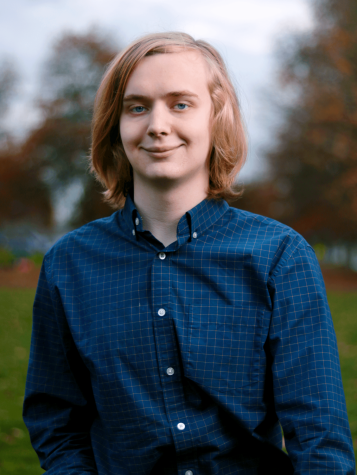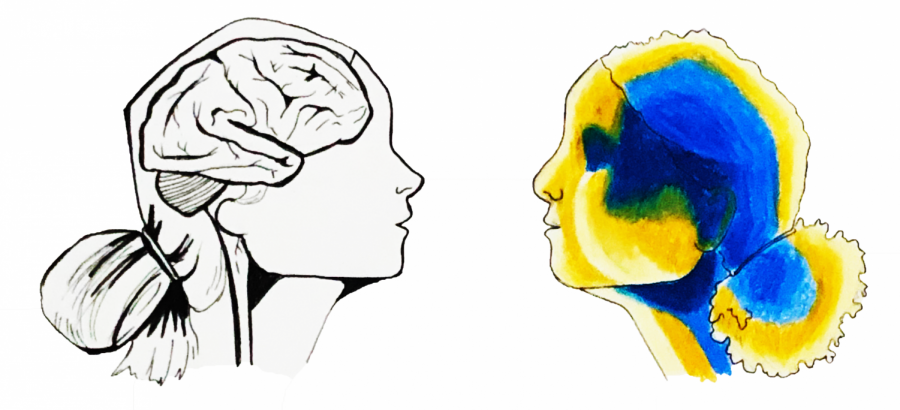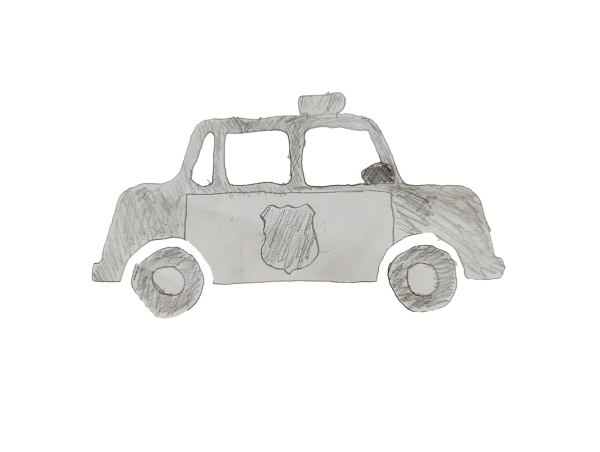Get Psyched for Psych!
Garfield’s new class is three years, and two petitions, in the making.
Three years, two petitions, and one finalized class—establishing Garfield’s psychology elective has been an odyssey that most of the signees, including Class 2020 Secretary Linda Phan, the class’ loudest advocate, didn’t get to see. However, the product is well worth the wait.
“I taught sociology for ten years prior to coming to Garfield… so I was ready to dive in, and Mr. Howard said ‘it looks like this thing is going to happen, so I hope you’re willing to teach it,’ so I jumped on it,” said Alfred Snyder, who is wrapping up his first ever semester as Garfield’s sole psych teacher.
Although Snyder never planned to teach the psych class, it’s an opportunity he doesn’t regret seizing. Not only does he personally enjoy teaching the content, but the reception of the students to this new kind of class makes it the highlight of Snyder’s day.
“By definition, [psychology] is content that everyone is unavoidably connected to because you are human. You have a psyche. It’s very different from a history class—it’s really talking about now,” Snyder said.
While teaching the class, Snyder realized that the personal connection which every student has to the topics in class created an especially valuable community where students could support each other.
“One of the coolest things has been the openness of Garfield students to share out— sometimes with a lot of levity and with a lot of humor—their own stories,” he said. “I’m not asking for that stuff, it’s coming out.”
After a cursory unit on Freud and psychology’s more outdated foundations, Snyder opened up the next units to a class vote, a move he hoped would continue to foster that community. In this trial run, the class selected sleep and dreams, and then love and relationships.
“I was a little underwhelmed at first. Like, uhhh, okay, I guess it’s cool… but at the same time it was great. I felt like it was super engaging for students and there’s legitimate brain science research around sleep,” Snyder said.
His initial disappointment didn’t stem from what the students picked—an exploration of the best third of our day which required each student to keep a dream journal—but from what wasn’t picked: the psychology of racism unit.
In order to craft a unit not included in traditional textbooks, Snyder reached out to Bellman, a historically black university, who offered to help adapt their course for the high school level. Hopefully, Snyder will get a chance to teach the unit this spring, if he’s not foiled by even sleepier seniors picking love and relationships again.
“Love and attraction are really important for all of us, especially teenagers, to think about. What are the influences on the kind of relationships we seek out? It was a heavy topic to teach,” Snyder said. “There’s a real serious level when you get into love and relationships. That was our question when we first developed a psych class: how do we deal with the seriousness and the triggers in so much of the content?”
Snyder credits trainings lead by Garfield’s Sexual Assault Awarness Club and feedback from students with helping him cover such heavy topics in a way that felt safe for students. In particular, Snyder noted the value in appropriately using trigger warnings. His biggest regret, however, is that he couldn’t teach the class in person.
“[Psychology] is not all talk. There’s hard science involved. Natural science, labs: there’s a tangible side that’s lost in the virtual setting,” he said.
Just like in chemistry or physics, the content of the class is phenomena we can test ourselves, an element of science Snyder tried to incorporate with the dream journals. Snyder said that psych is for “students that are curious about why people think the way they do, process the world around them the way they do, why people behave the way they do.” If that’s you, then maybe you’ll be psyched for psych!

Garfield 2021. Avid fan of boba, cats, and rocks. Not particularly in that order.






